Integration Details
There are two different methods for implementing the Confido Legal Litify integration.
- Method 1) Firms track time and expense entries using the Litify Time and Billing module. Those entries are then used to create pre-bills and ultimately Litify bills. In parallel, we create another object in Litify called an Invoice. This invoice object is what gets sent to the client with a link for the client to pay.
- Method 2) Firms track time and expense entries using the Litify Time and Billing module. Those entries are then used to create pre-bills and ultimately Litify bills. In this method, the Litify bill gets sent to the client. No parallel invoice object is created.
Why two methods? At a high level, here are the differences.
| Features | Method 1 | Method 2 |
| Create invoices from time and expense entries in the Litify Time and Billing Module | X | X |
| Send invoices in bulk | X | |
| Leverage the Litify Docrio platform to generate invoice templates | X | |
| Leverge the Litify Financials package for detailed financial reporting | X | |
| Payments automatically posted back to the Litify Matter and associated Litify Bill | X | X |
| Allow for payment of individual invoices or full outstanding balances | X | X |
| Allow clients to make partial payments | X | X |
| Implement automated payment plans | X | X |
| Send trust requests without generating a Bill in Litify | X | X |
| Charge the credit card fee to the client at the time of payment without impacting trust or invoice balances in Litify | X | X |
| Accept same-day bank transfers on invoices or trust requests | X | X |
| Bank transfer transaction limits up to $1m (subject to underwriting approval) | X | X |
| Add payment links to the Litify client portal | X | X |
Implementation fees vary based on the level of customization. See our pricing for details on transaction fees.
For more information on the integration, grab some time with our team using the link below (We welcome Litify team members to book as well as law firm representatives).Contingency firm?
Learn more about our automated disbursements trial

